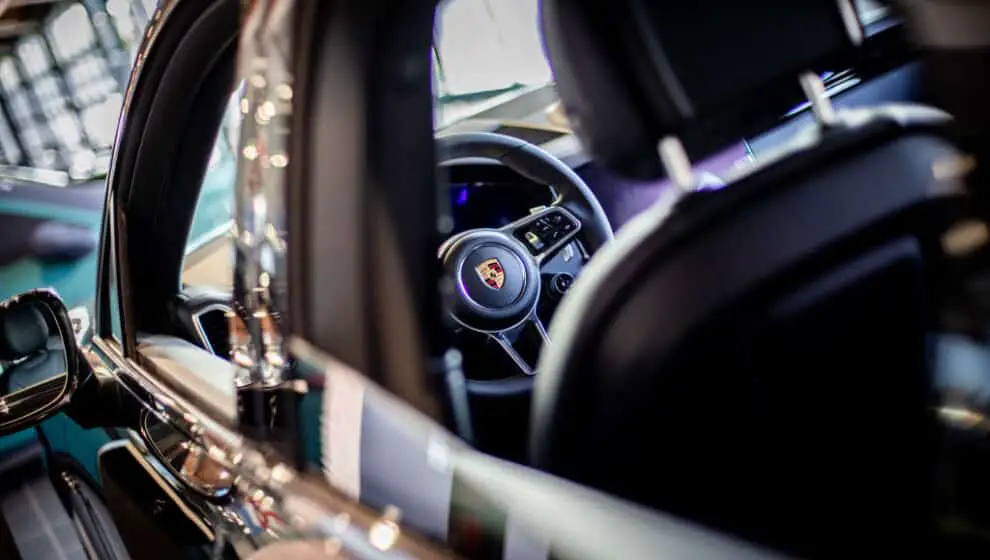More consumers are buying luxury cars than ever before thanks to extra savings during the pandemic.
Key details
New luxury vehicles like BMW, Mercedes-Benz, and Tesla made up 17.3% of the U.S. car market as of June, higher than 2019 when luxury vehicles made up 14.1% of sales.
Superpremium luxury cars like Lamborghini, Bentley, and Ferrari are on the rise as well, though still in the minority. Through July of this year, 6,700 vehicles were sold—a 35.6% increase from five years ago.
Supply-chain disruptions have not only raised the prices on more common cars like Ford and Toyota, but made them harder to find. Buyers seem to have shifted their attention to more expensive but easier to find models.
In some cases, the luxury vehicles aren’t only a few thousand dollars more expensive than the non-luxury option, a price worth it to some buyers.
Why it’s news
The number of customers in the market for a luxury vehicle is growing, indicating a larger class of wealthier consumers.
Bentley Motors board member Alain Favey says that his company is seeing more wealthy, younger customers looking for vehicles. Many of them come from tech and entertainment industries.
During and following the pandemic, some consumers were able to add to their wealth, either through the stock market rally or by selling a home at the peak of the market.
Buyers who can purchase luxury vehicles are more shielded from inflation and economic concerns, meaning this luxury car boom could last a while longer.

